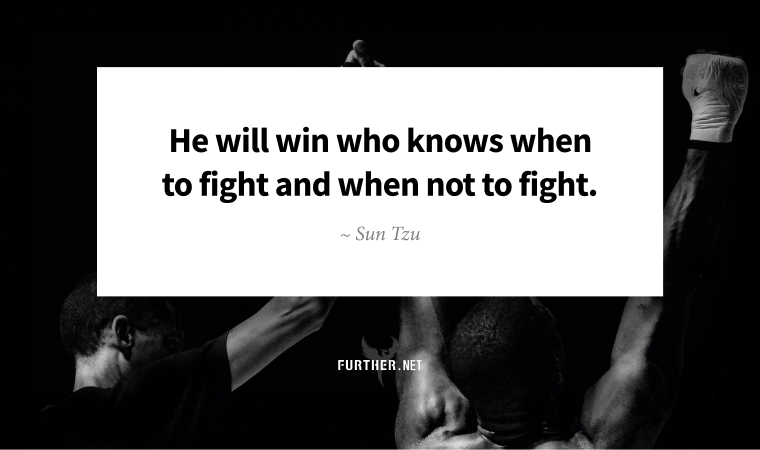
While digging into year-end content ideas with a ghostwriting client, I asked what he’s known for during the holidays, like his mixology or carving prowess.
“I keep everyone from fighting,” he replied with a chuckle.
In our polarized times, this seems like an invaluable skill, more than crafting cocktails or artfully serving the roast beast. Although joy is supposedly the holiday vibe, research shows that 88% of adult Americans feel stressed during the holidays.
But I’d argue it isn’t about not fighting. We all could just use some help learning how to handle disagreements better.
Fishing for Trouble
You know not to sweat the small stuff, but that’s challenging when hosting people with different styles, routines, beliefs, and preferences. As my nana always said:
After three days, fish and company begin to stink.
And sometimes, the unmistakable stench of a brewing battle begins after mere minutes together. Before you rage, psychotherapist Myron Nelson advises pausing to consider what’s driving your discontent.
When you get into trivial fights about seemingly insignificant issues, it’s not really about the issue you’re arguing about. It’s about what those topics, ideas, or opinions represent to you.
In other words, what seems small and superficial can have a significant impact — fostering illuminating discussions, greater understanding, and improved relationships.
Quit Your Bickering
By taking two simple steps, Nelson says you can transform conflict into conversation:
- Figure out what the problem symbolizes to you
- Talk about what the issue means to you vs. the problematic action
So, for example, if you love watching Planes, Trains, and Automobiles, but your mother-in-law keeps talking over the best parts even after you’ve politely asked her to stop, you might want to blast her. (Nelson uses this scenario to illustrate a common conflict; likewise, I am using a typical family member who might be triggering 😉)
Before you blow your stack, consider the problem and why it matters to you. In my case, being ignored reminds me of my childhood when I was taught to honor my elders, even when they were upsetting me.
Instead of fighting, I could let my mother-in-law know it feels disrespectful for her to ignore my wish to watch the film peacefully, so could we please chat after the movie?
Nelson recommends being intentional with your ask, choosing clear, descriptive words such as disrespectful, unimportant, and ignored, vs. judgments like good, bad, right, or wrong.
Because, in the end, your feelings about a situation are the source of the conflict. The more concise and honest you are, the more opportunity there is to come to a resolution.
Ultimately, it’s not about getting better at fighting but at being together. And that’s a worthy goal everyone can agree on.
